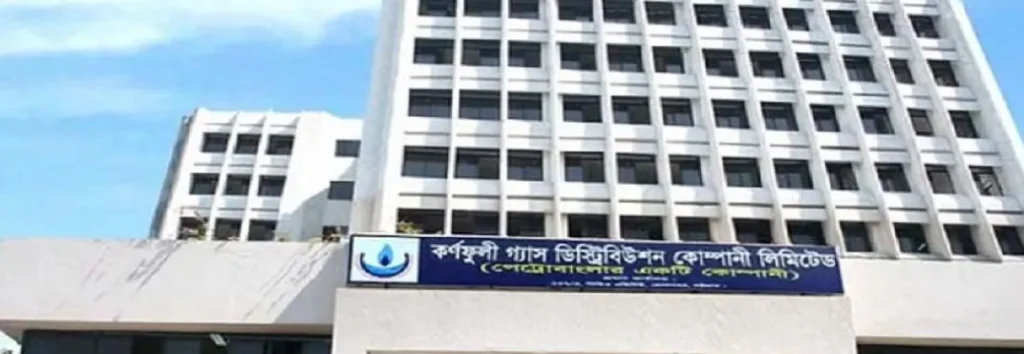BIZDATAINSIGHTS
Bizdata Insights is a Market Insights, Data Intelligence and Business Advisory Platform
Our Solutions
Menu
Newsletter
Sign up for our newsletter now by entering your e-mail address and never miss out on the latest news and updates from our team!

